-
Narration and Storytelling: Diegetic Levels
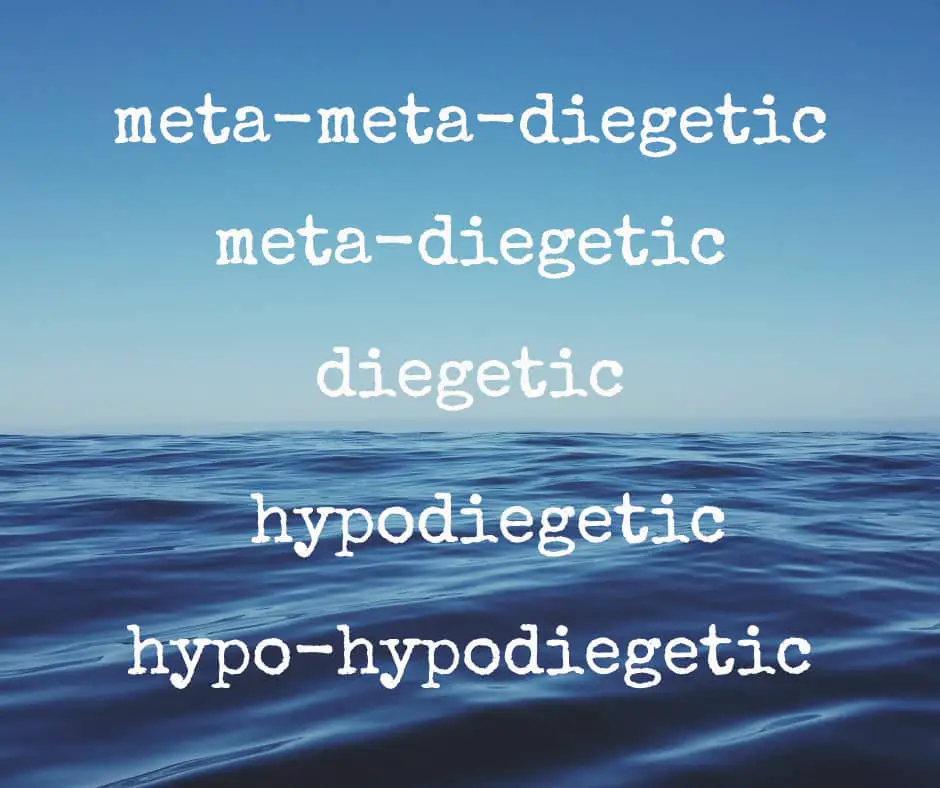
When discussing ‘diegetic levels’ of a story, imagine a ground floor. Level zero. All events and characters featured on this level are part of the story. Level zero is the normal, basic narrative level in a text. A story may not have any other levels, but it will at least have a ground floor. This happened, that happened, the end.
-
What is an extradiegetic narrator?
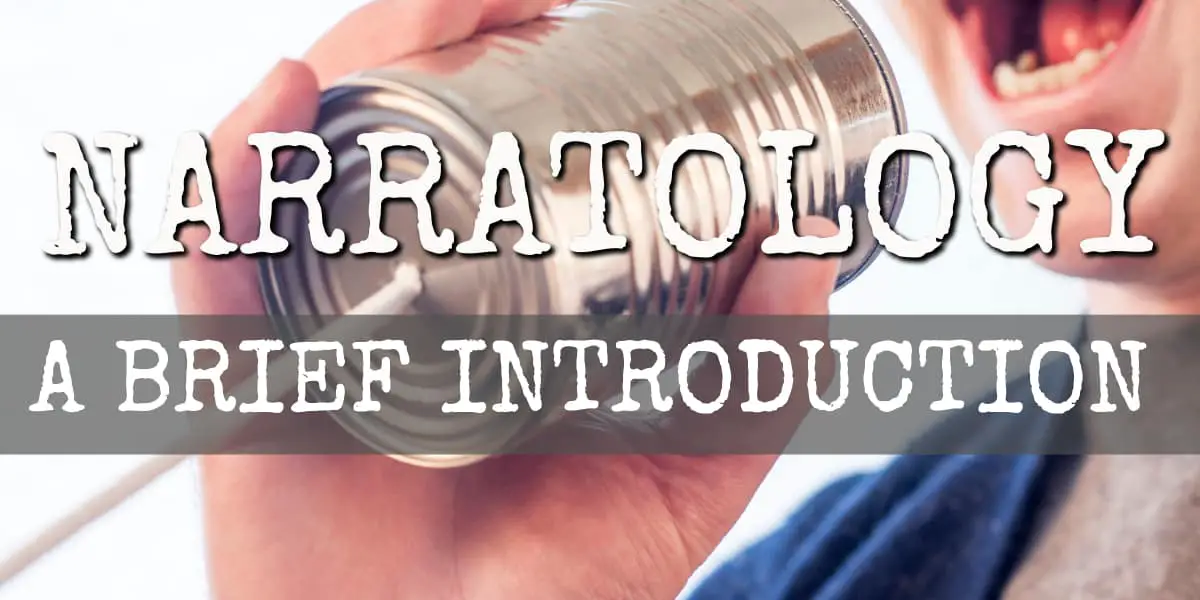
Writers think in terms of point of view: omniscient, third person, first person, second person. Close third person, universal first person and so on. For most purposes, point of view as a concept does fine. But it’s worth taking a brief look at terminology used by narratologists. Every narratologist comes with their own terminology. The […]
-
The Influence of The Lovely Bones on Modern Literature
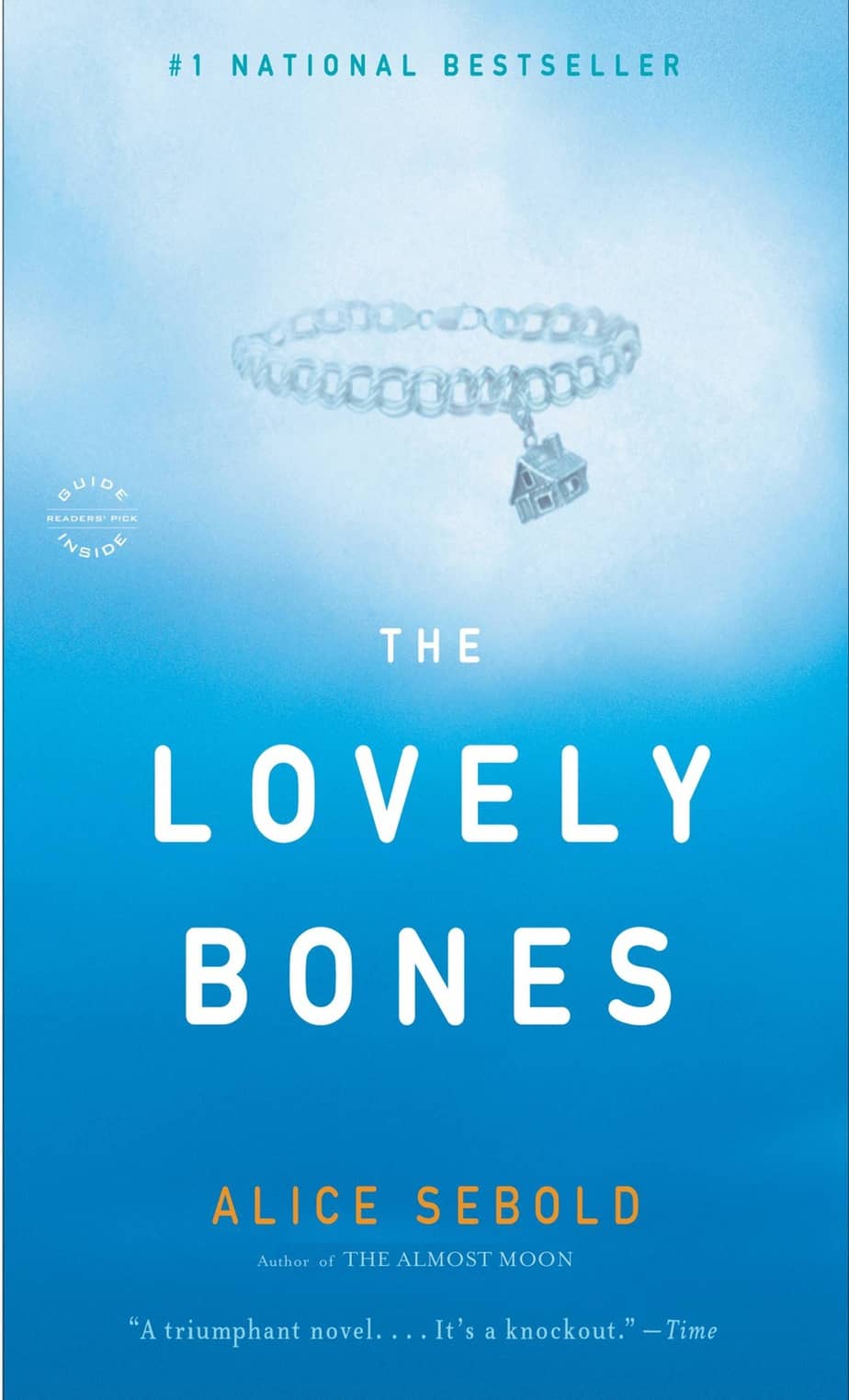
The emphasis in the First Golden Age [of children’s literature] was very much on being healthy in mind and body – if a child became sick, he or she usually got well as part of their story. Today’s reader has no such encouragement. There is an alarming trend in what has been termed “sick-lit” which […]
-
Unreliable Narration In Storytelling
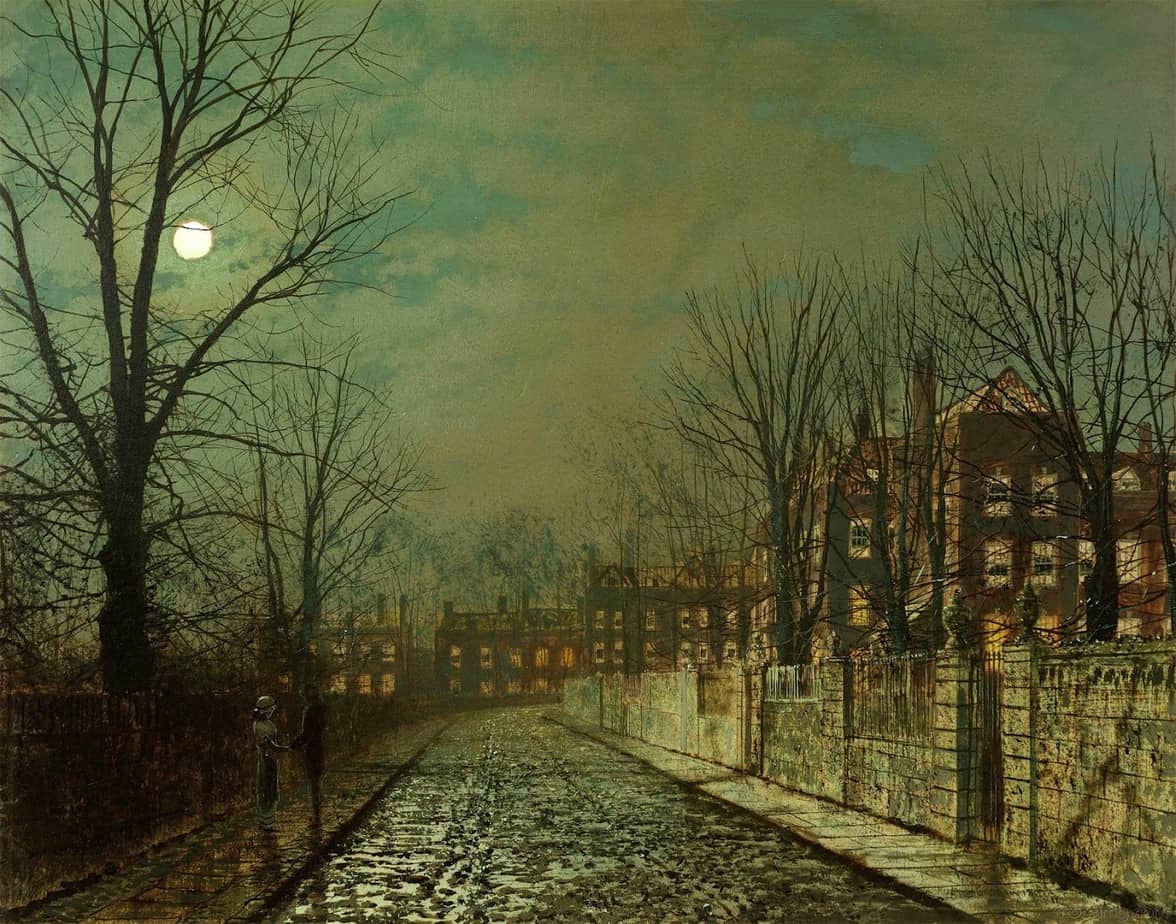
This post more than any other contains spoilers. Sometimes it’s a spoiler just to know that you’re dealing with an unreliable narrator. Unreliable narration is a storytelling technique which requires some work on the part of the reader, trying to work out how much of the story is true and how much is subjective, or […]
-
Stream of Consciousness and Interior Monologue
Stream of consciousness and interior monologue are two modes of narration. They are similar, and in fact, both might be used within a single work.
-
Why children’s stories have to be dual audience now
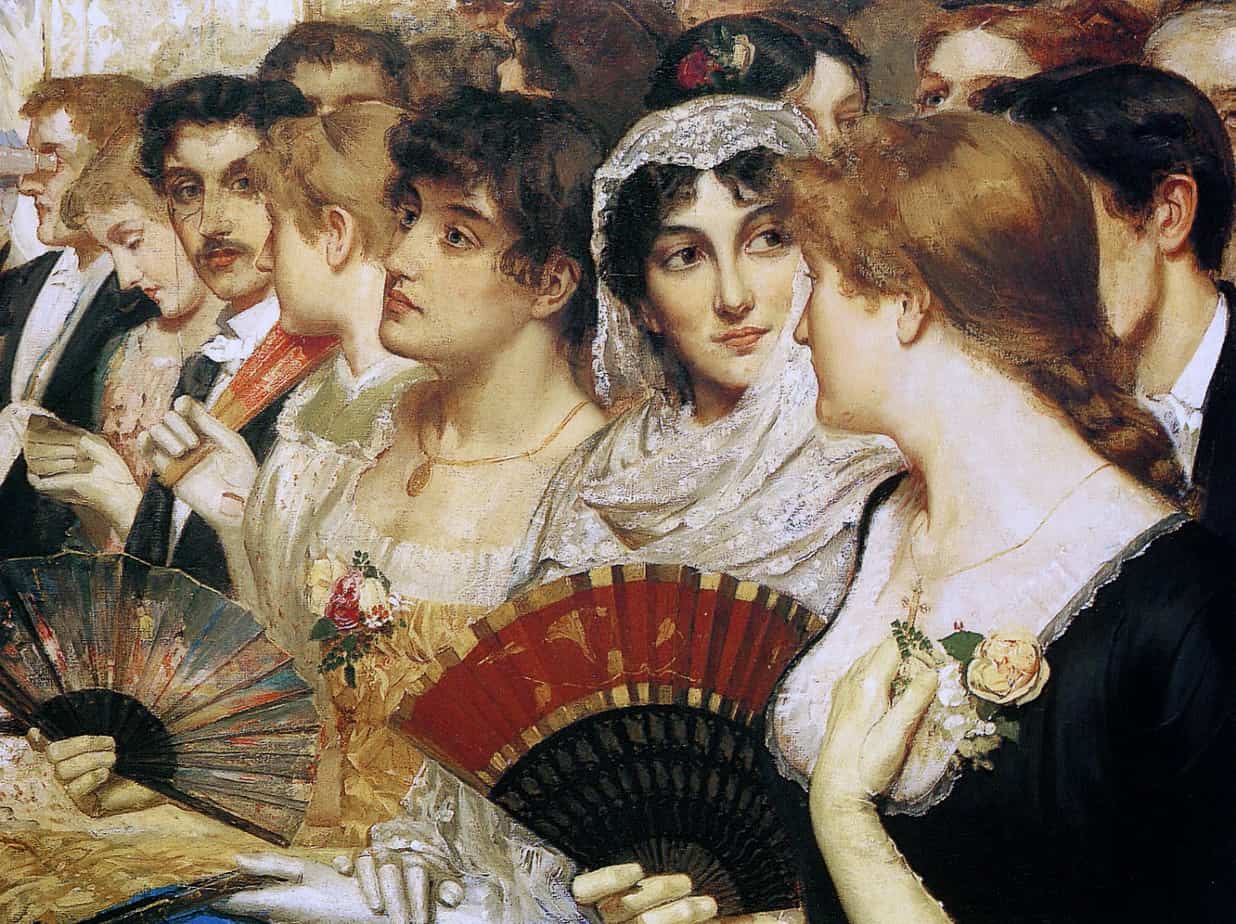
Modern children’s books — picture books in particular — are required to appeal to adults as well as to children. This is known as a ‘dual audience’ story.
-
The Technique of Ticking Clocks in Storytelling
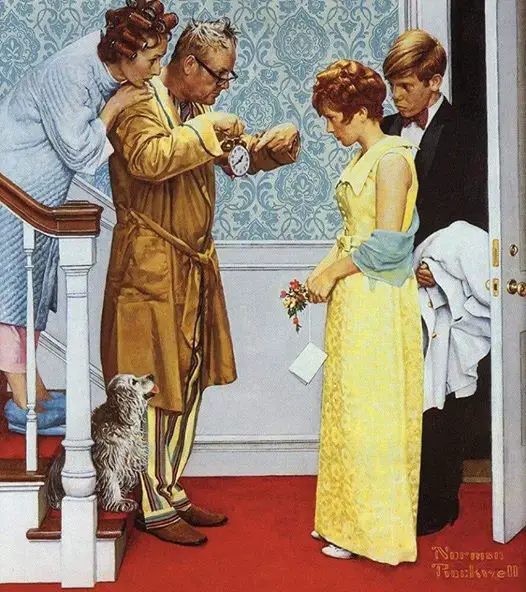
Once you notice ticking clocks in storytelling you see them in everything, so beware.
-
Tips and Tricks from Muriel Spark
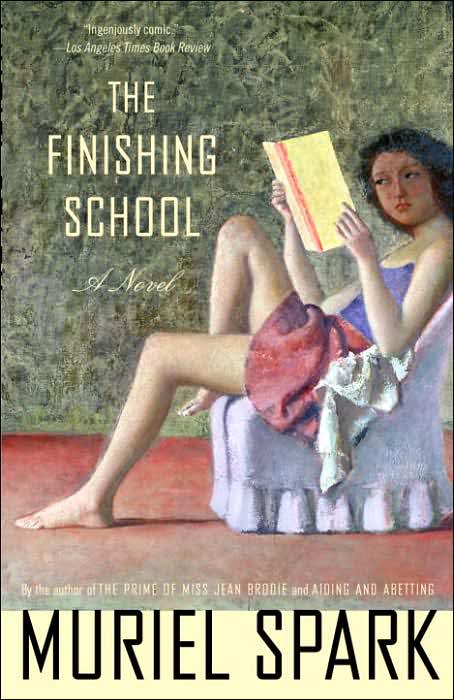
In The Finishing School, Muriel Spark takes a swipe at hack writers and aspiring novelists. All of the characters are cliches and stereotypes, working well as a comedic ensemble to convey Spark’s own ideas on writing. We are to read most of this book as irony. Rowland marvelled as he read her essay. How slick […]
-
Make Way For Ducklings by Robert McCloskey 1941 Analysis
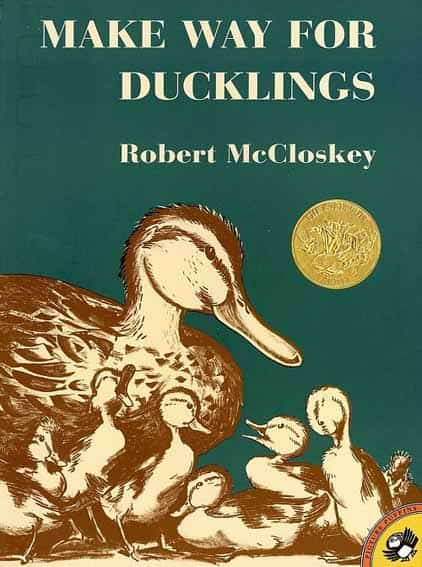
Make Way For Ducklings by Robert McCloskey (1941) is an American classic which serves as an excellent example of unreliable narration as it presents in picture books. NOTES ON THE ILLUSTRATION IN MAKE WAY FOR DUCKLINGS LIFELIKE DUCKS McCloskey’s devotion to mimesis reminds me of the lengths the Hayao Miyazaki studio goes to when animating […]
-
Rare Interview With Author Janet Frame
This is a radio interview, transcribed and published in Landfall 178 (Volume forty-five, June 1991) between Janet Frame and Elizabeth Alley.
-
Muriel’s Wedding (1994) Film Study
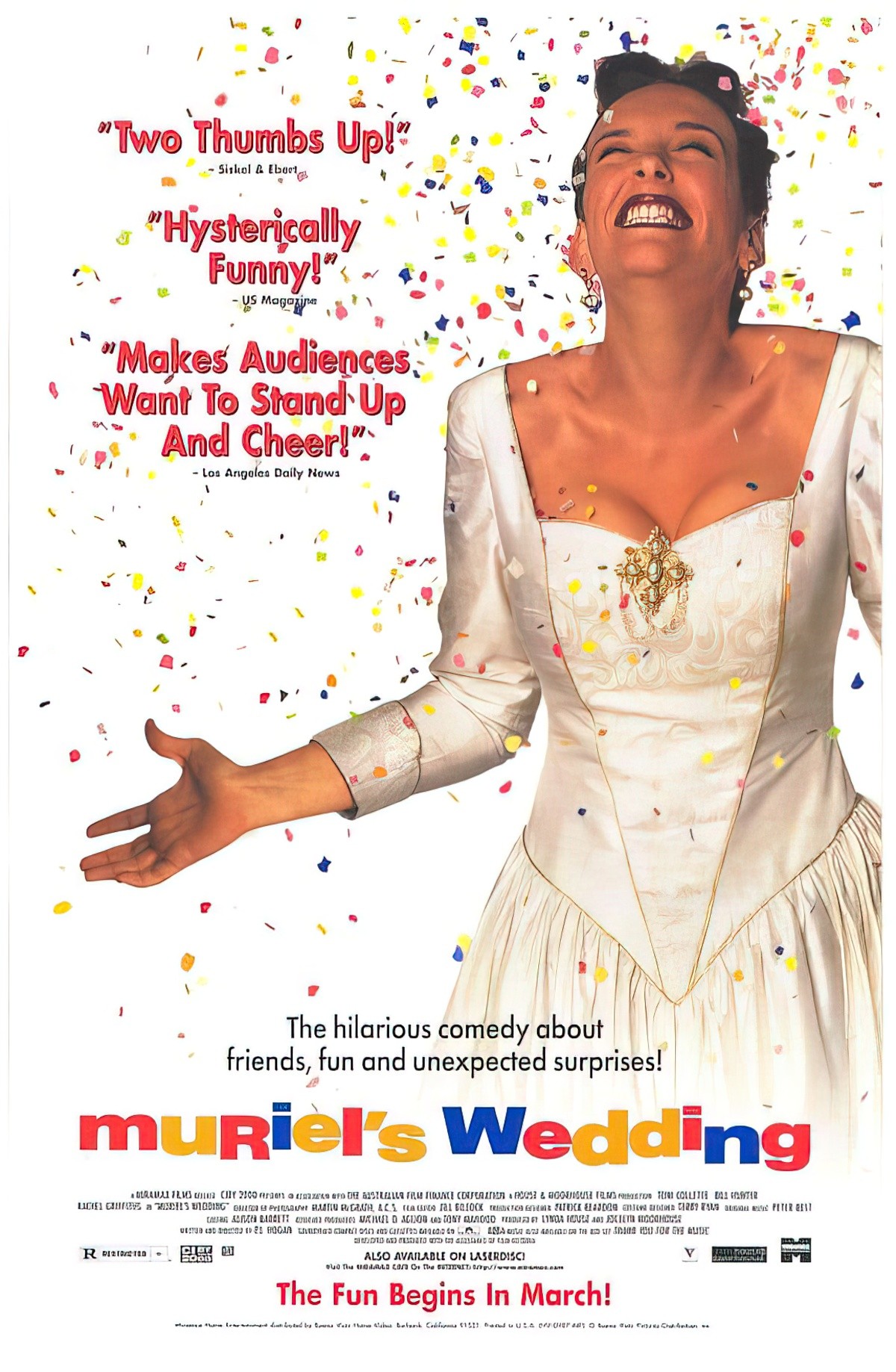
Muriel’s Wedding is an iconic 1994 film. If you’re ever in Australia and hear, “You’re terrible, Muriel,” this movie is where it comes from. Mix of Genres Comedy, drama, romance. There’s a romance subgenre called ‘fake relationship’. These are romantic stories in which two people are forced into emotional closeness via proximity or circumstance. Muriel’s […]
-
Waitress Film Study (2007)
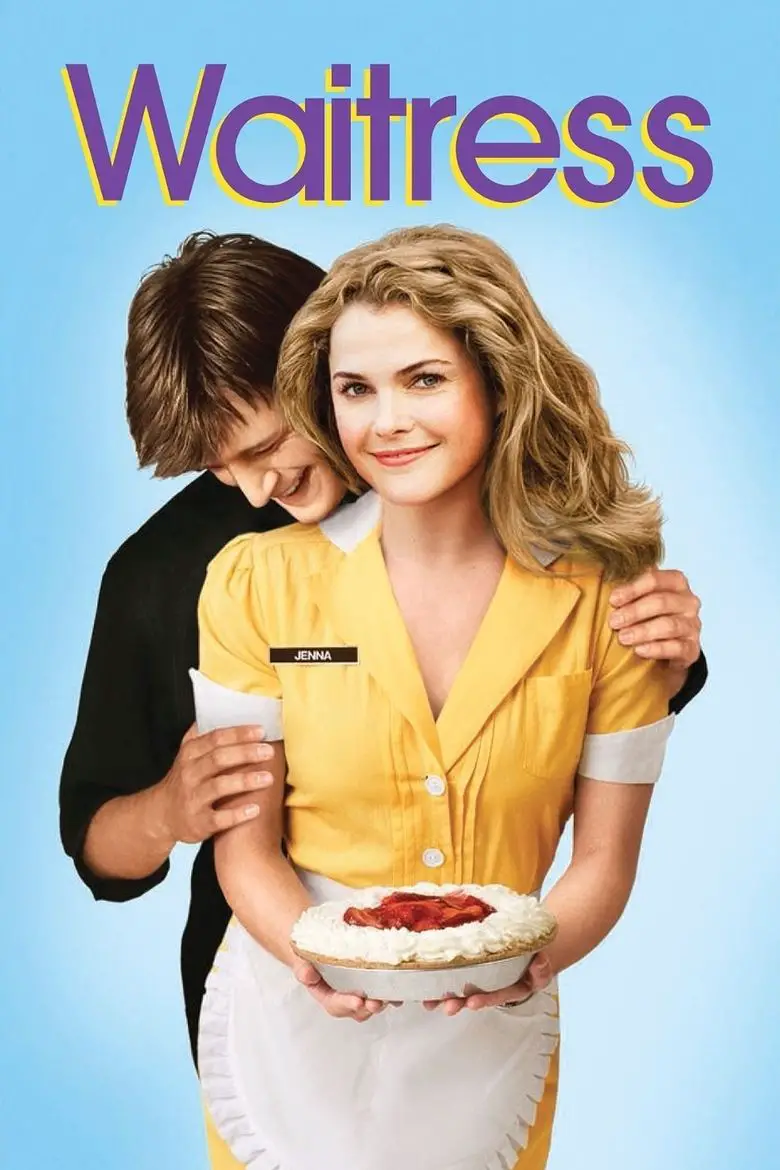
Waitress is a 2007 film with a tragic real life story behind the movie. It is also a good storytelling case study, as it changes mood part way through. Though I don’t like Waitress nearly as much as I like Juno, it’s worth a brief compare and contrast as a way of understanding the way […]
-
Side-shadowing In The Wrysons by John Cheever
“The Wrysons” is interesting as a study of writing technique because it is a story with the theme of ‘lack’ running throughout, and Cheever masterfully chose to employ some narrative techniques which are themselves about describing not what did happen but what didn’t, and what might have. Apart from The Bella Lingua, which is set […]
-
Shapes of Plots In Storytelling
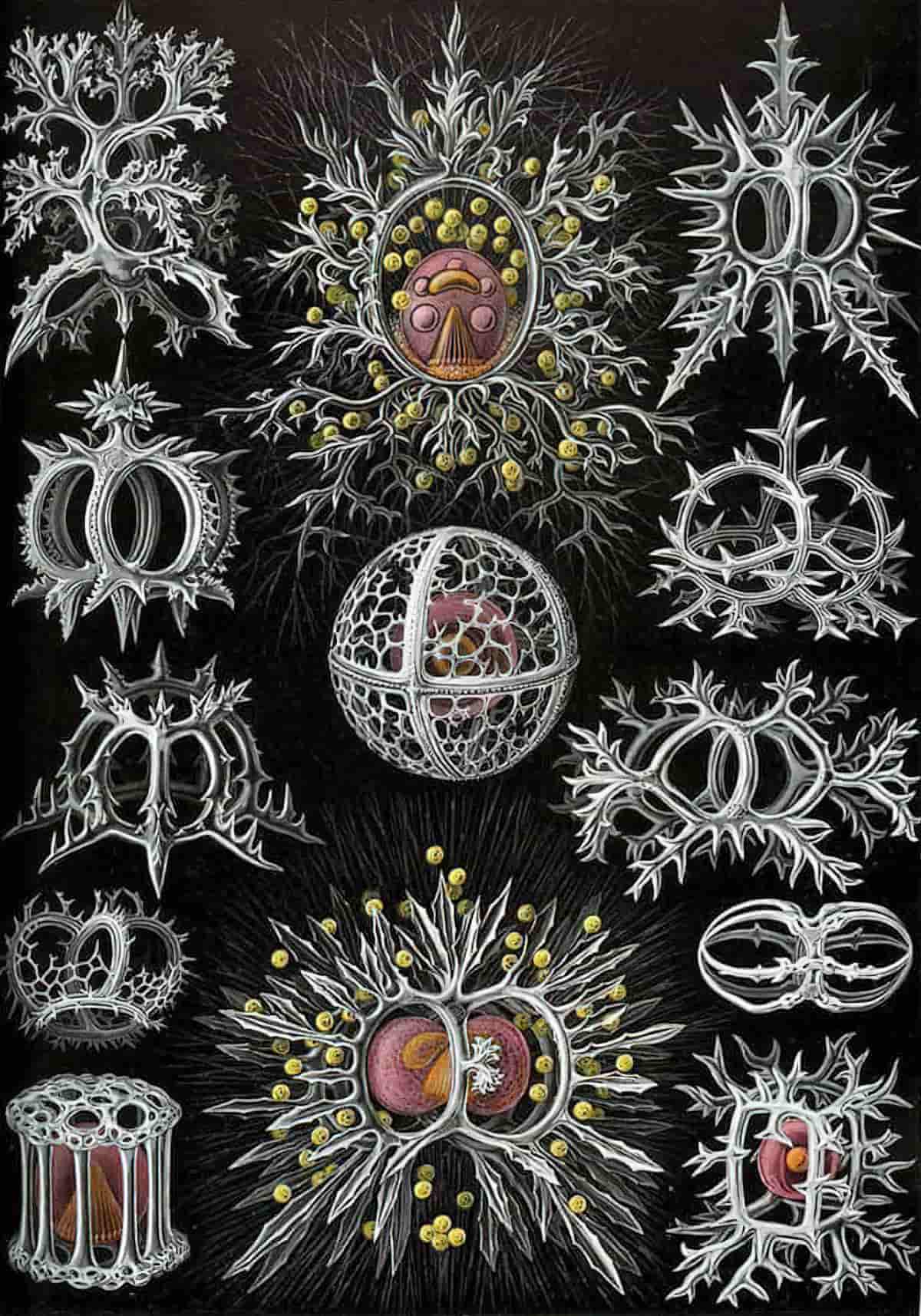
The success of a novel is only five percent about the structure and ninety-five percent about the quality of the writing. Elizabeth Lyons, Manuscript Makeover Younger writers should be experimenting with form as well as material, like a water-seeker with a divining rod. We are “haunted” by experiences, images, people, acts of our own or […]
-
Paralepsis in Children’s Literature
Paralepsis*: (Faux) Omission. In rhetoric, paralepsis refers to the device of giving emphasis by professing to say little or nothing about a subject, as in not to mention their unpaid debts of several million, but saying it all the same. I know who farted but I wouldn’t want to embarrass Charles. In the name of anonymity, […]